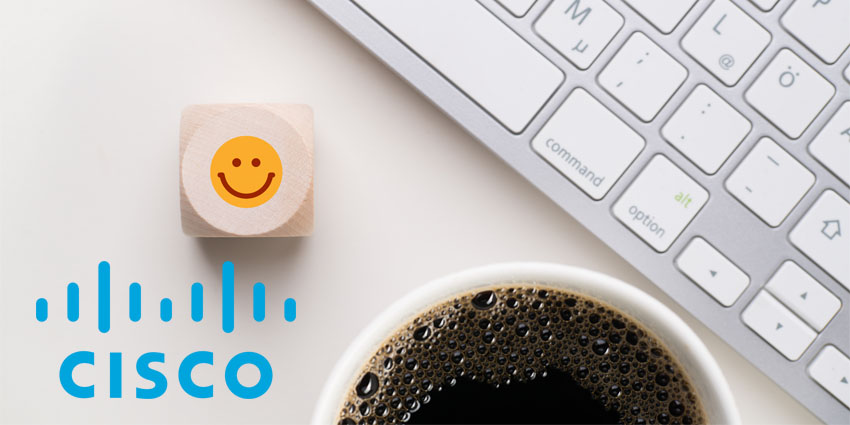Cisco and the Organisation for Economic Cooperation and Development (OECD) have launched a shared research initiative on digital well-being.
Cisco and the OECD’s Centre on Well-being, Inclusion, Sustainability and Equal Opportunity (WISE) are collaborating to explore the intricate implications of digital transformation and its “role as both a catalyst for progress and a source of potential risks to well-being”.
The initiative was partly influenced by the rapid speed of digital transformation in recent years and the recent explosion of AI competency, which Cisco and the OECD state “merit a global discussion on how people experience technological change”.
Fran Katsoudas, Executive Vice President & Chief People, Policy and Purpose Officer at Cisco, said:
It is our responsibility to keep well-being top of mind, and this partnership will help us connect with people around the world to learn about their experiences with digital technology—how it influences their social connections, their jobs and work-life balance, and their physical and mental health. Co-building a model and better understanding the role technology plays in everyday life is fundamental to our work at Cisco and to pursuing our purpose to power an inclusive future for all.”
The partnership objective is to establish an interactive, dynamic, and compelling digital platform for sharing experiences and to build a thorough understanding of how digital technologies impact various facets of our lives, including but not limited to the workplace.
Anchored in the OECD Well-being Framework, the platform will collect data and insights from individuals, shedding light on digital well-being in its entirety, such as the effects of the digital divide and disparities in the adoption and utilization of digital technologies.
“Our initial report, ‘How’s Life in the Digital Age’, highlighted the benefits and challenges of digital transformation, from enhanced access and productivity to issues like the digital divide and personal security threats in people’s everyday life and workplace,” added Romina Boarini, OECD WISE Centre Director. “Our partnership with Cisco helps us take the next step in broadening what we know about the interplay between technology and life to enrich our understanding of well-being in the digital realm.”
The global knowledge hub aims to capture data to expand awareness of technology’s impact on well-being by centring on 11 key “dimensions”: education and skills, healthcare, jobs and earnings, income and wealth, subjective well-being, smart communities — work-life balance and social connections — environmental sustainability, critical infrastructure, cybersecurity, governance and civic engagement, and housing.
“This partnership taps into Cisco and OECD’s collective expertise in understanding the risks and unlocking the value of digitization across verticals and industries to ultimately power safe and inclusive communities and resilient economies,” explained Guy Diedrich, Senior Vice President & Global Innovation Officer of Cisco.
What Else Has Cisco Been Up Over The Past Month?
Just before Christmas, news broke that Cisco was set to acquire the cloud networking and security startup Isovalent.
Isovalent played a pivotal role in the advancement of eBPF, an open-source technology that allows developers to analyse the operating system (OS) layer, both for Linux and Windows.
Cisco has been an investor in Isovalent since 2020 and put forward further finance in series B funding in 2022 alongside other strategic investors such as Microsoft, Google and Grafana Labs. Neither business disclosed the acquisition price.
Meanwhile, last week, a range of Poly‘s Google Meet devices became interoperable with rival video conferencing solutions — including Cisco Webex.
Poly’s Meet hardware devices that are now interoperable with Webex are Poly Studio X30, X50, X52, and X70.
Webex and Zoom interoperability supports the central video conferencing capabilities, but more advanced features — including polls, wired present, and dual-screen support — may not be available when using Poly Meet hardware to join Webex meetings.







